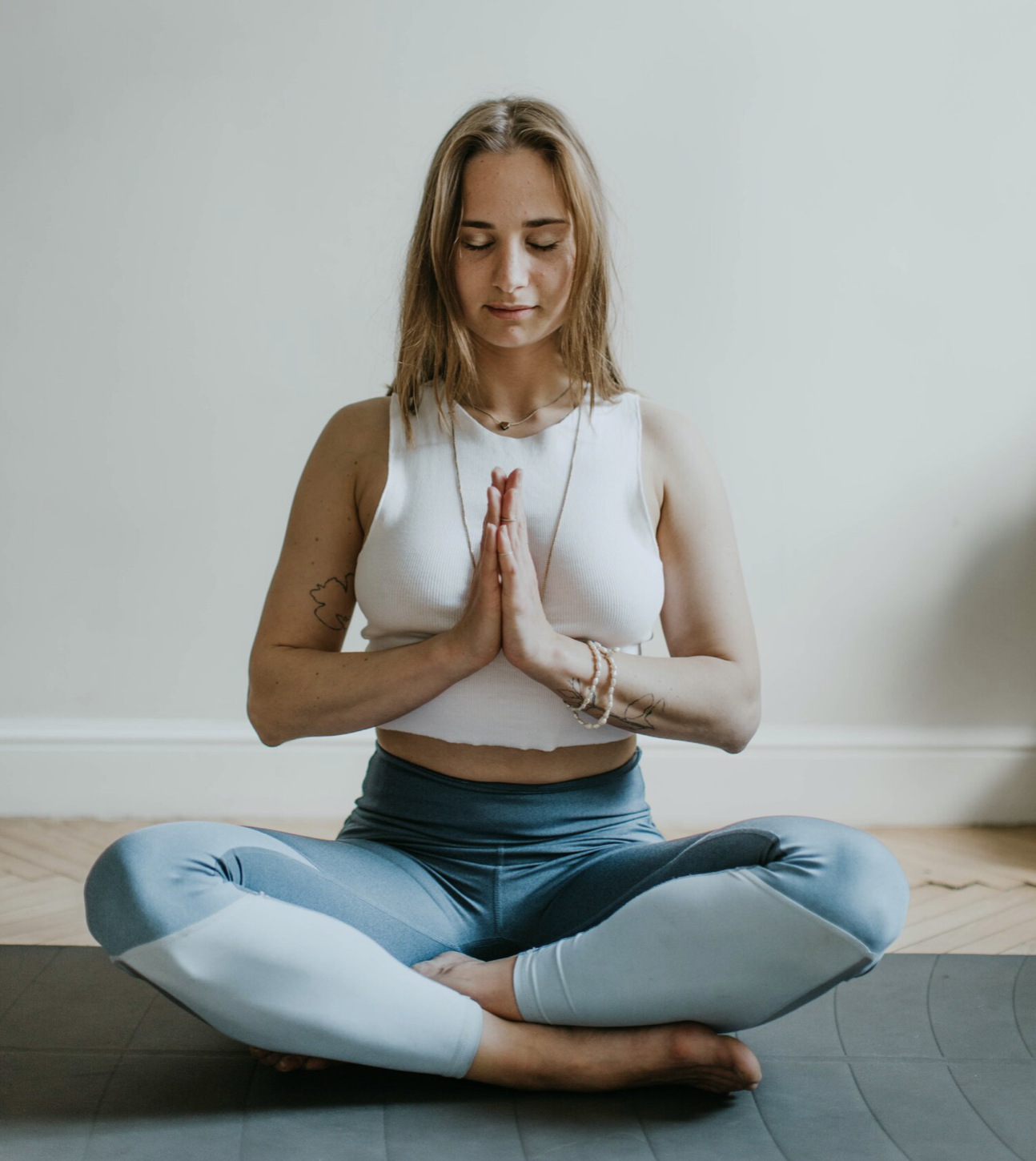
How do you summon that willpower to keep going when everything you’ve built seems to be crumbling right beneath your feet? How do you calm your frantic mind and take a hold of yourself through all these downsides? Where to begin, even?
The answer is emotional resiliency. That doesn’t mean you don’t get to experience the raw emotions that come with life. This trait is rather the ability to cope with and manage stress (in healthier ways).
Ultimately, cultivating and developing this ability means you will be better equipped to roll with the punches.
What is Emotional Resilience?
Emotional resilience refers to one’s ability to adapt to stressful situations or crises. Emotional and physical resilience is, to a degree, something you’re born with. Some people, by nature, are less upset by changes and surprises – this can be observed in infancy and tends to be stable throughout one’s lifetime.
What influences Emotional Resilience?
Emotional resilience is also related to some factors that aren’t under your control, such as:
- Age
- Gender
- Exposure to trauma
How to become more emotionally resilient, even if the world around is chaotic:
1) Be cognitively flexible
More often than not, people have one distinct way of dealing with challenges.
This means they apply the same principle to each difficult situation. However, no situation is the same. In fact, each one comes with its own set of challenges and obstacles. So what sets emotionally resilient individuals from those who aren’t is the way they choose to deal with change.

In this regard, resilient people are also flexible. They aren’t tied to one particular coping style. But they rather shift from one strategy to the next based on circumstances.
2) Relax and breathe
Resilient people also showcase great physical and mental fitness.
Time and time again, emotional resiliency proves to be intrinsically linked to good exercise habits. These not only keep the body lively and vigorous but also the mind strong. Moreover, the practice of relaxation and breathing plays a major role in maintaining calm during chaos.

When you learn how to still the mind, you’re prepared to face anything, no matter how insurmountable it seems.
Proper breathing is the first step to building mindful habits. Through practice, you will learn how to put yourself in that calm meditative state whenever an anxiety-inducing situation occurs.
3) Cultivate healthy habits
Life is in a series of fluctuations, changes, and transformations.
No matter how routine bound you are, you can’t expect every day to be the same.
The best way to face ever-changing, and at times distressing, situations is through establishing a healthy system. This goes all the way from your attitude and outlook on life to the way you solve problems and react to stress.
While sometimes you don’t get much choice in avoiding stressful or even chaotic situations, you can still be in control.
But first, you need to nurture your soul and spirit. Explore your passions, do more of what you love, and invest in good reads. Perhaps this is the perfect time to revisit some of your old interests.
Actively choose to see exciting pathways even in the darkest of labyrinths!
The Takeaway
The current state of the world, as unprecedented as it is, can teach you several valuable lessons.
Building emotional resiliency amidst the chaos isn’t easy, but it isn’t improbable either. Remind yourself to focus on the positives instead of getting tangled up in how impossible life has become. You can choose to make any difficulty an opportunity for growth, learning, and personal development.


